tradition and textiles with studio bagru
Interview By Kate White
Jeremy Fritzhand first visited the small Indian town of Bagru as a final year college student in December of 2009. It was here that he first observed the exceptional craftsmanship of the local artisans who have been hand-block printing for over 350 years. Demonstrating the skill and devotion that has been passed on from generation to generation, this community endeavour involves an intricate and detailed process to create a single textile.
After spending time with the artisans, Jeremy began to realise that they were being disenfranchised by the way the supply chain was set up. This awareness would inspire him to create Bagru Textiles, which would later evolve into Studio Bagru – an artisan workshop promoting the traditional hand-block printing techniques of the Bagru community, whilst creating a seamless supply chain based on quality, transparency and creativity.
We spoke to Jeremy about his journey setting up Studio Bagru, and the importance of transparency and conscious consumption to inspire radical change within the fashion industry and beyond.
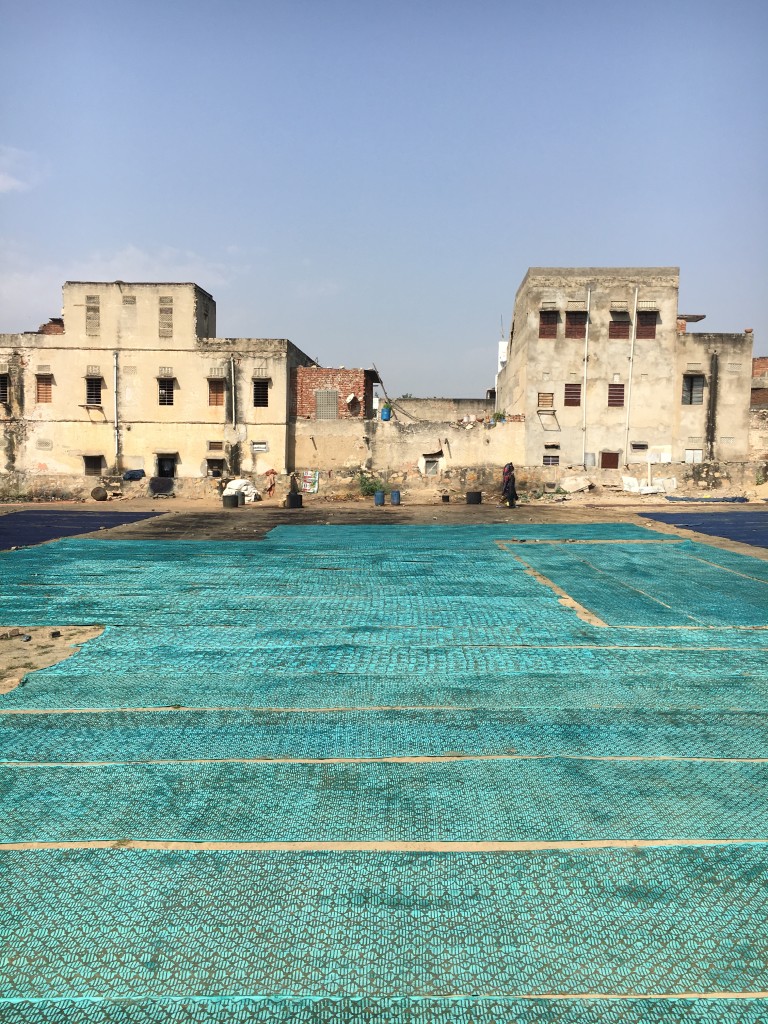
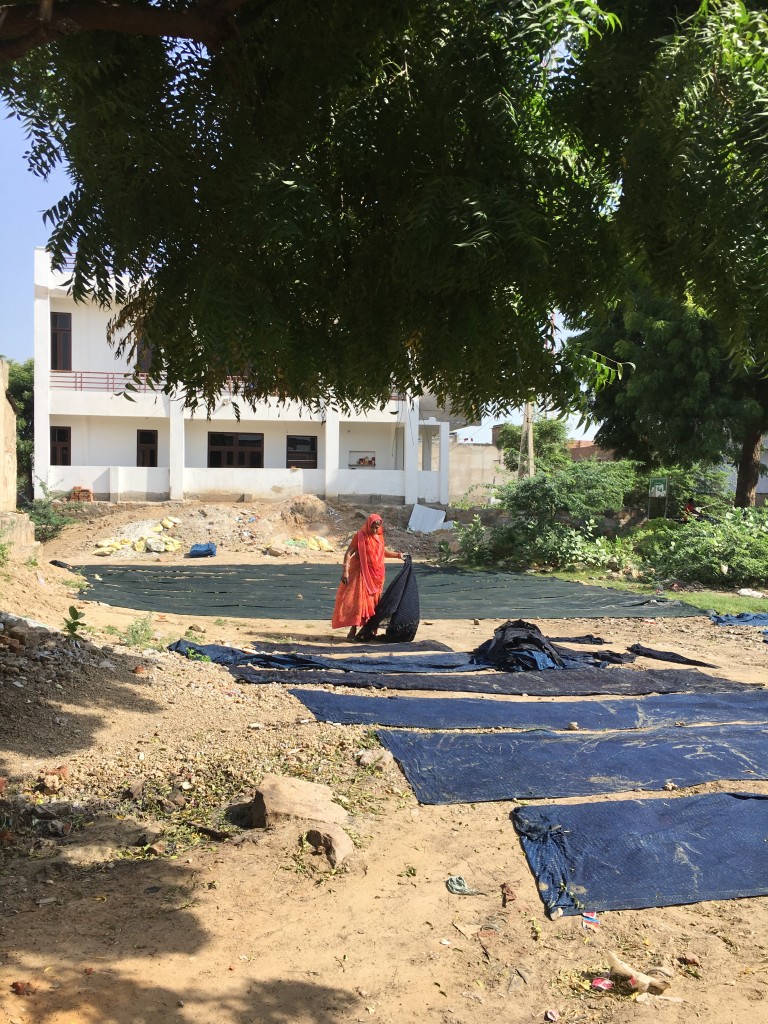
Can you tell us about the origins of the project? How has it evolved since you founded it?
In June of 2010, after I graduated, I moved to Bagru to start working with the block printing community. By September, I had come up with the name Bagru Textiles. We started with a Tumblr and Etsy page and it blossomed from there. The grant was initially for ten months, but by November of 2010, I realized any sort of sustainable change we were going to make needed much longer. I asked the Minerva Fellowship selection committee to send another grant recipient to help continue the work the following year, as I was committed to living and working in Bagru until the entity was fully operating.
What was your main goal when you created Bagru Textiles?
My initial goal was to increase the wages of the artisans and to get them a fair price for the products they were creating. We also started a community fund that has been used for different community initiatives in the Bagru community, such as eye and health clinics and water purification.
Why did you step down as founder in 2014?
By the end of 2012 the company was up and running. We had partnered with brands like Rekh and Datta, Block Shop Textiles, and Seek Collective, all of which were early champions of slow fashion and sustainable sourcing. I decided to move back to the USA for an MBA to learn more about business and grow my global network of like-minded entrepreneurs.
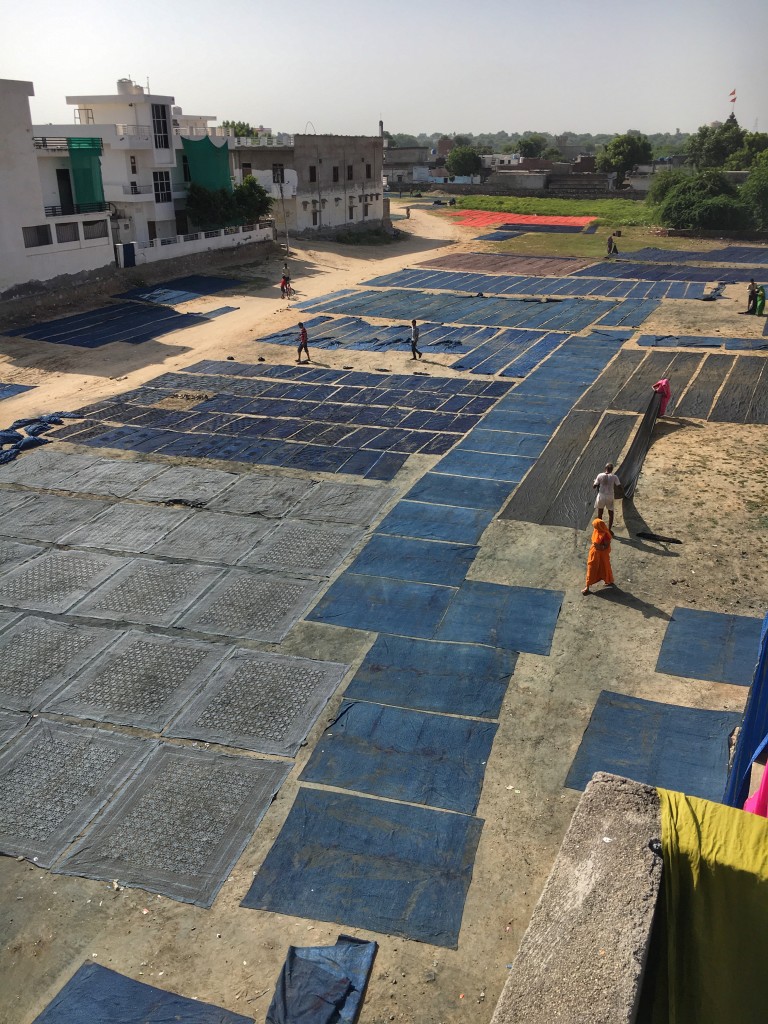
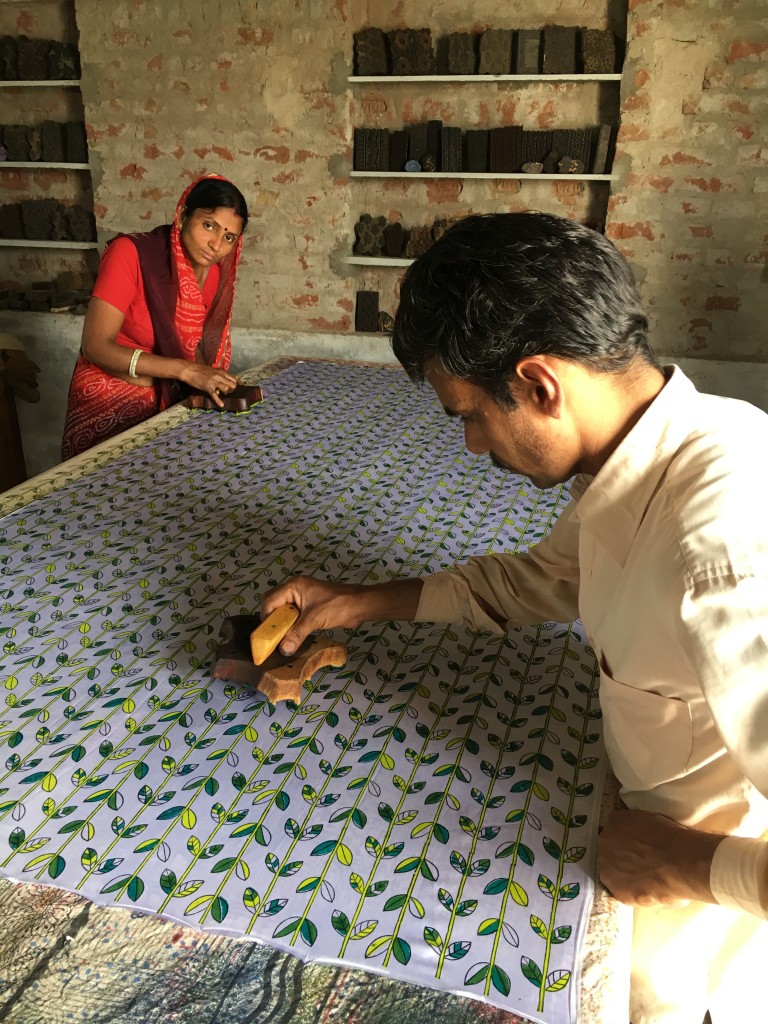
What were your next steps in your career after stepping down?
I spent 16 months in a full time MBA program at Thunderbird School of Global Management. In late 2014 I joined MGF Sourcing, one of the largest textile and apparel sourcing agencies in the world, responsible for the supply chains of large North American retailers. After working at the grassroots level, I wanted to understand how the industry worked on the opposite side of the sourcing spectrum. While I was learning a lot, my heart was back in India and Bagru. It was right around this time the Fashion Revolution started in response to the Rana Plaza disaster in Bangladesh. Consumer sentiment was changing, and the traditional retail model was broken.
Can you tell us about how and why you started Studio Bagru?
In the summer of 2015 I received a call from the 6th generation Minerva Fellow (Davis Cutter) who was working at Bagru Textiles. He told me there was a renaissance of block printing in Bagru, and countless up and coming designers who cared about our mission and vision of promoting the craft and community were flocking to Bagru to work directly with the artisans. My contract was up at MGF, and in October 2015 I traded in my ticket back to the USA for a one-way ticket to Jaipur. This is when I started planning for the expansion of my original vision, with the help of two co-founders, Davis Cutter and Curtin Myers. By early 2016 we were ready to open Studio Bagru as an expanded vision of Bagru Textiles.
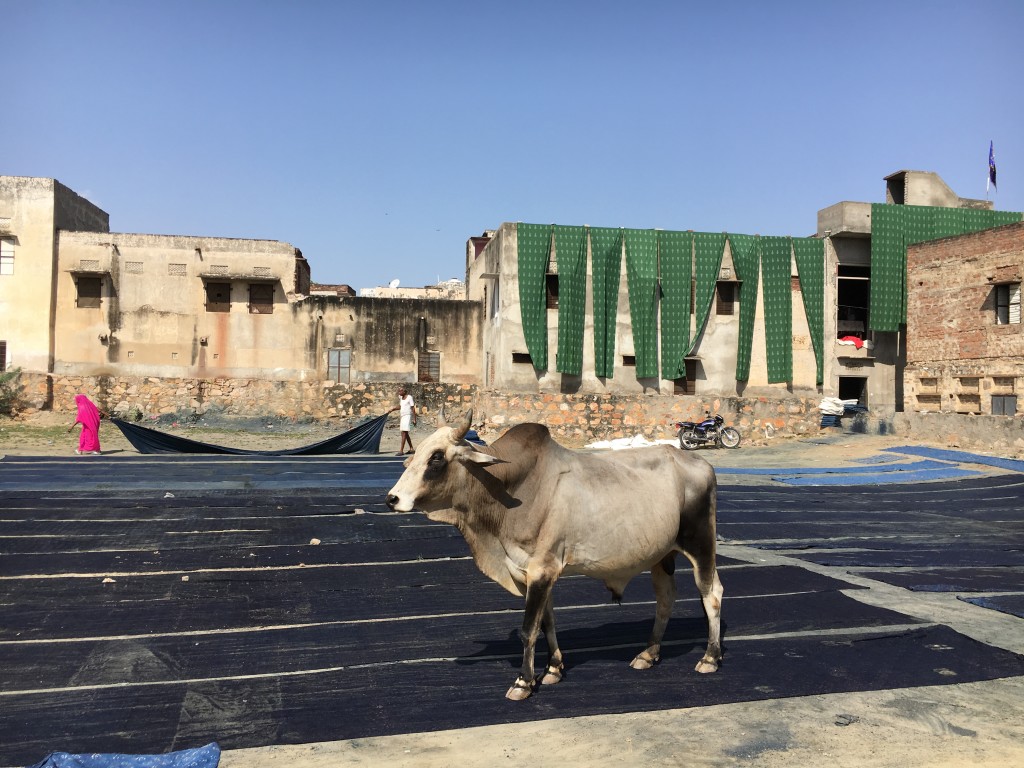
You’ve recently begun hosting textile workshops. Can you tell us about that? What do your workshops usually entail and what do you hope people take away from them?
To date we have hosted over 30 outstation workshops in five countries with over 350 participants. These workshops allow us to promote the craft and showcase this art to people that would otherwise be unable to visit India. We bring blocks, ink, and instruction, and ask the participants to BYOC – bring your own clothes; with our BYOC concept of block printing, we encourage up-cycling and re-styling clothing items in one’s wardrobe as the block printing can give it a totally new look. Our concept behind these workshops is to create awareness about sustainable fashion amongst consumers.
What does transparency and conscious consumption mean to Studio Bagru?
Transparency is a buzzword now, but many brands still fail to be transparent. To me transparency means being honest about how a business model is set up and those involved with making it work. This doesn’t necessarily mean sharing all pricing and costing information, but understanding how those decisions are made. Since returning to India another goal of mine has been to be as open as possible with those visiting who have questions about suppliers and artisans. There is such a renewed interest in direct sourcing, yet many people here in India are unwilling to share contacts and suppliers. I’ve taken the opposite approach. While this means we don’t always get a chance to work with each and every client, it means that clients are able to work in a way they are comfortable with. Conscious consumption is another topic that is very important. To me this term means consumers are educated about the products they buy and the social and environmental effects those purchases have. This means researching products before buying, and purchasing only products that a consumer truly loves. A quote that I really love is “Loved Clothes Last”. This is one of the slogans of the fashion revolution.
Studio Bagru will be hosting a series of block printing workshops in London from 6-10 July. For more information please visit www.studiobagru.com/london
Studio Bagru x majestic disorder
Related Reading




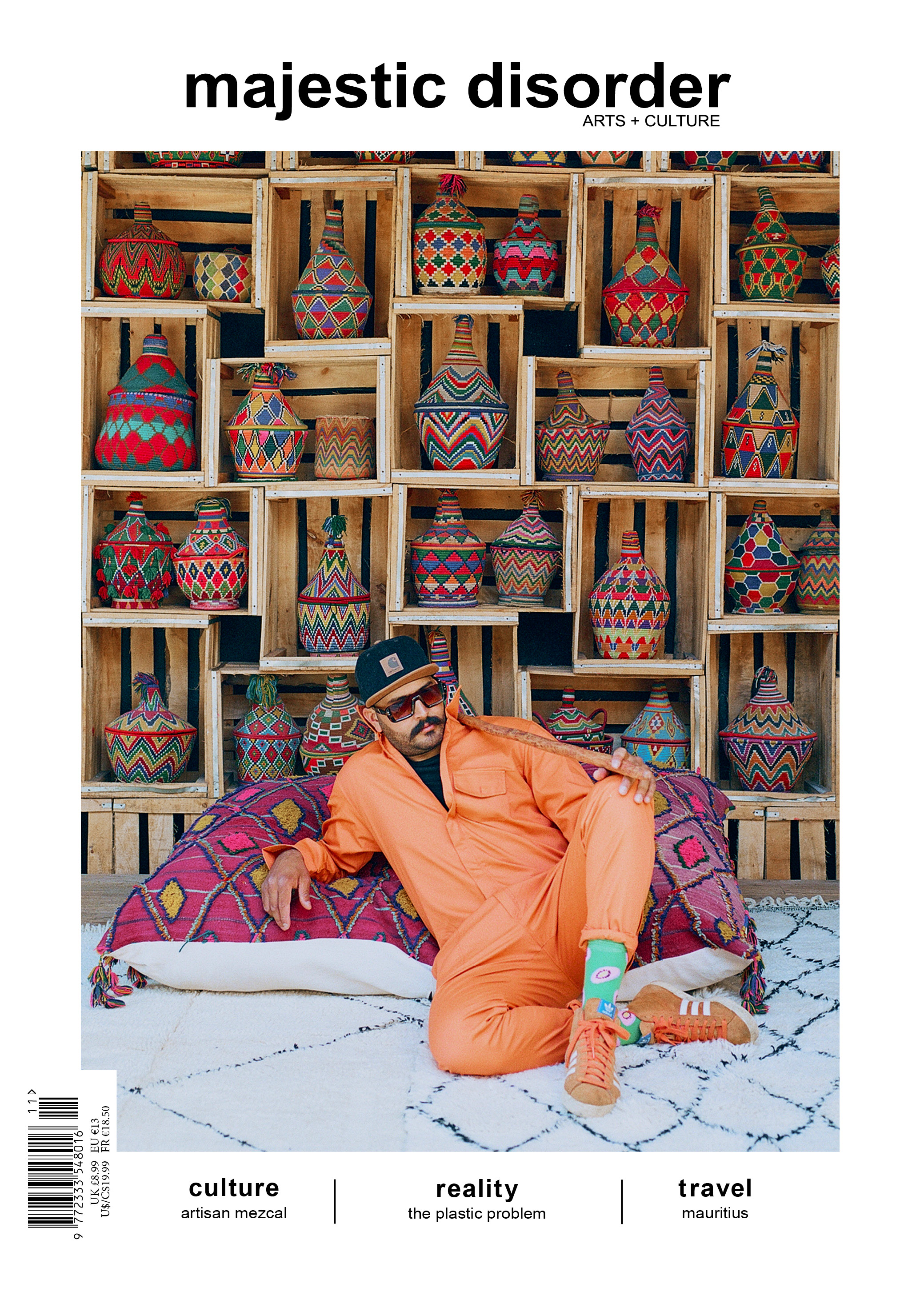
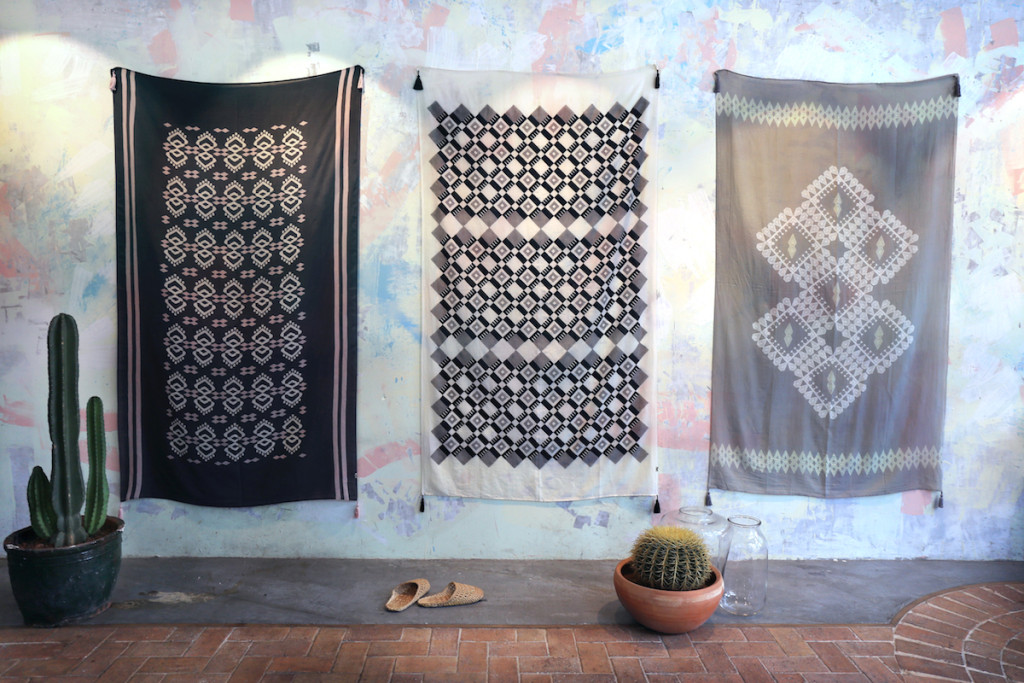
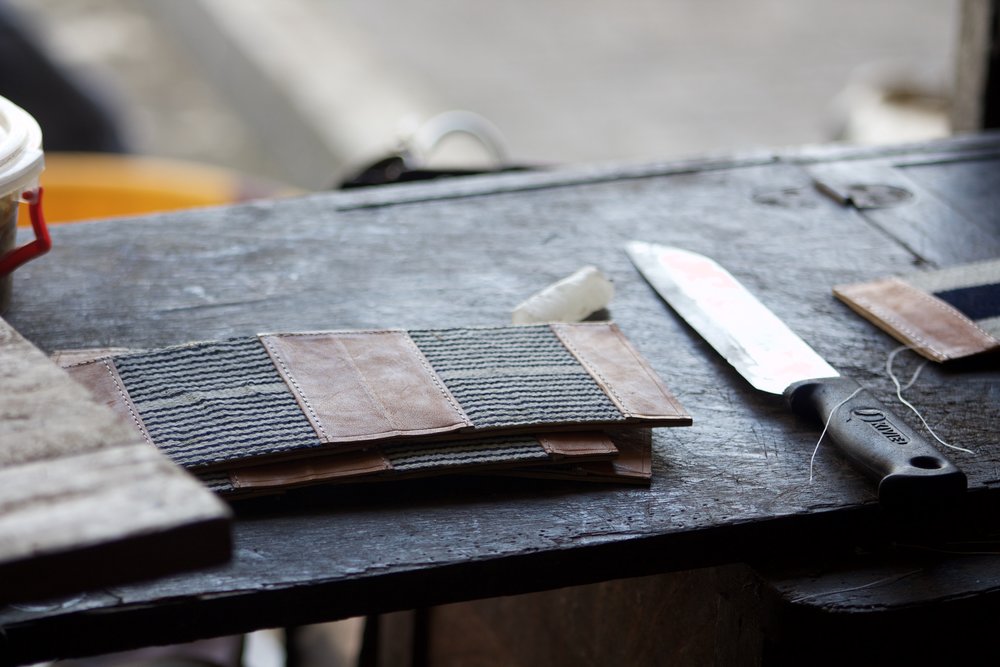
 @majesticdisorder
@majesticdisorder